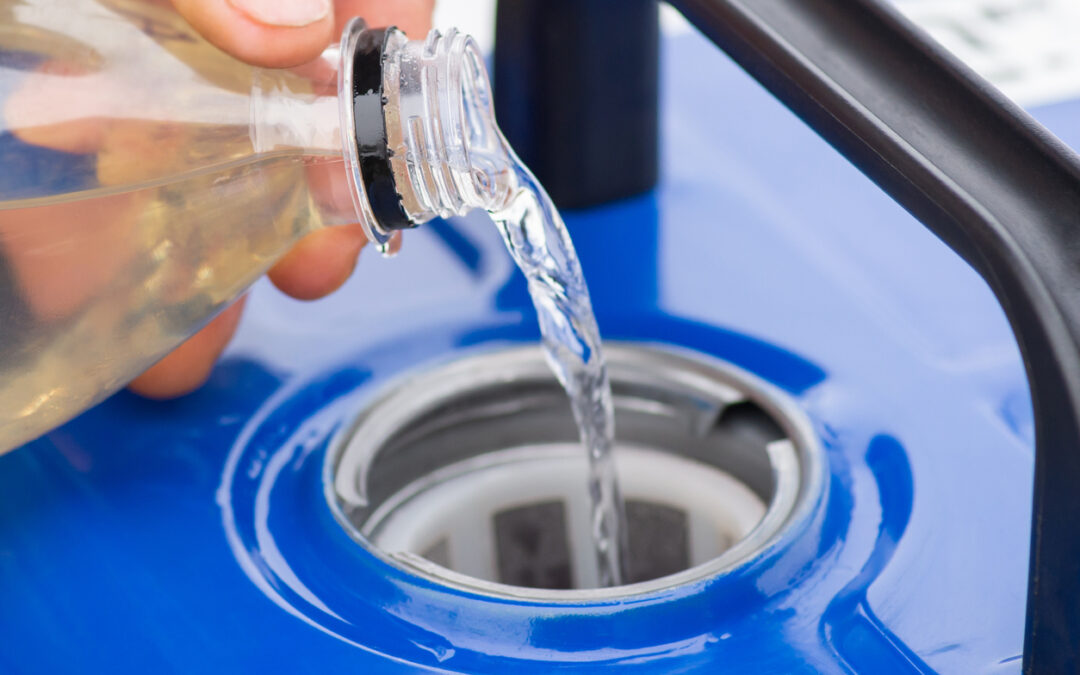Diesel, natural gas, and propane are among the most common fuel options for generators, each with its advantages and disadvantages. To make an informed decision, it’s essential to understand the characteristics of each fuel type and how they align with your specific needs and priorities.
Diesel Fuel:
Diesel generators have long been a popular choice for backup power due to their reliability and energy density. Diesel engines are known for their robustness and ability to provide a steady power supply over extended periods. They are particularly well-suited for critical applications, such as hospitals and data centers, where uninterrupted power is non-negotiable.
One of the key advantages of diesel generators is their high energy density, which allows for compact generator designs and longer runtime per gallon of fuel. This can be crucial in situations where space is limited, and prolonged power outages are a concern. Moreover, diesel fuel is readily available and has a longer shelf life compared to some other fuel options.
However, diesel generators do have downsides. They produce more emissions than natural gas or propane generators, which can pose environmental concerns. Additionally, diesel fuel prices can be volatile, potentially leading to unpredictable operating costs.
Natural Gas:
Natural gas generators have gained popularity in recent years due to their cleaner emissions and lower fuel costs compared to diesel. They are an excellent choice for applications where environmental impact is a concern. Natural gas generators are often used in residential, commercial, and industrial settings.
One of the primary advantages of natural gas generators is their lower emissions profile. They produce fewer pollutants and greenhouse gasses, making them more environmentally friendly. Natural gas is also typically less expensive than diesel or propane, which can translate to lower operating costs over time.
However, natural gas generators have some limitations. They are generally less fuel-efficient than diesel generators, which can result in higher fuel consumption during extended power outages. Moreover, the availability of natural gas can be region-specific, so it’s crucial to ensure a reliable gas supply.
Propane:
Propane generators offer a middle ground between diesel and natural gas options. Propane is a clean-burning fuel that produces fewer emissions than diesel but is more energy-dense than natural gas. Propane generators are versatile and can be used in various applications, including residential, commercial, and industrial settings.
One of the advantages of propane is its clean-burning nature, which reduces emissions and extends the lifespan of the generator. Propane is also readily available and has a longer shelf life than gasoline or diesel. It can be stored on-site in tanks, providing fuel security during power outages.
Do a careful evaluation of these factors to select the fuel option that best suits your generator requirements. Contact Brotherlylove Electric LLC to schedule a consultation or appointment today to learn more about generators. They are there to serve you.
